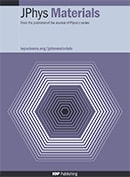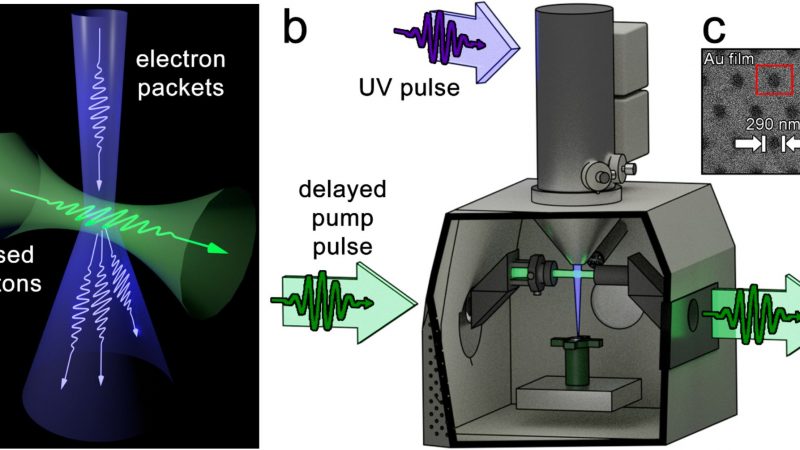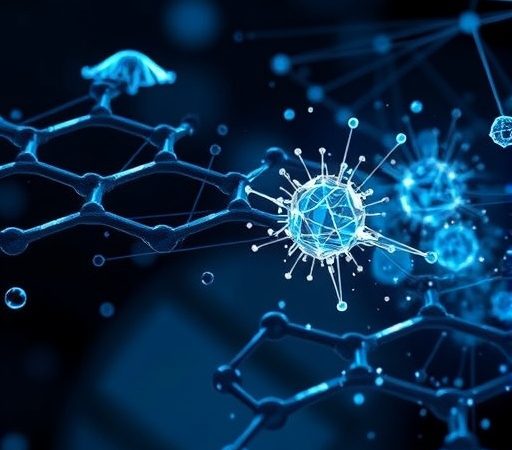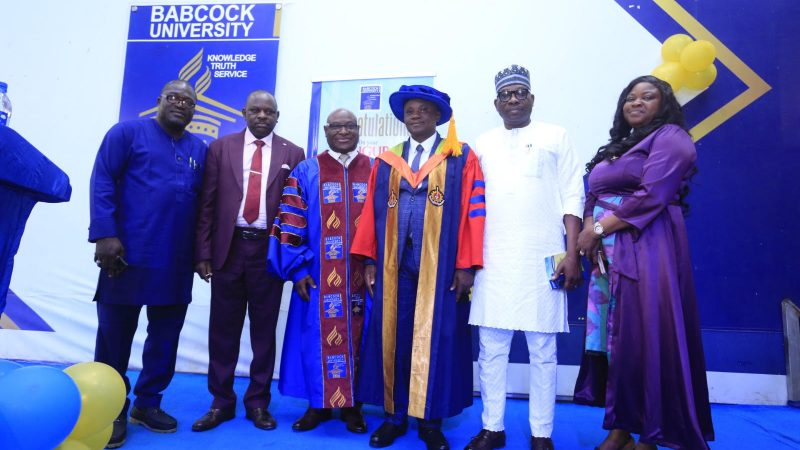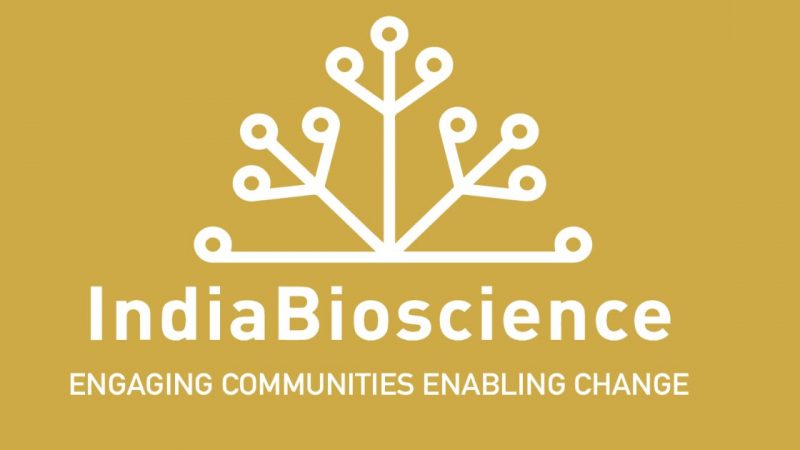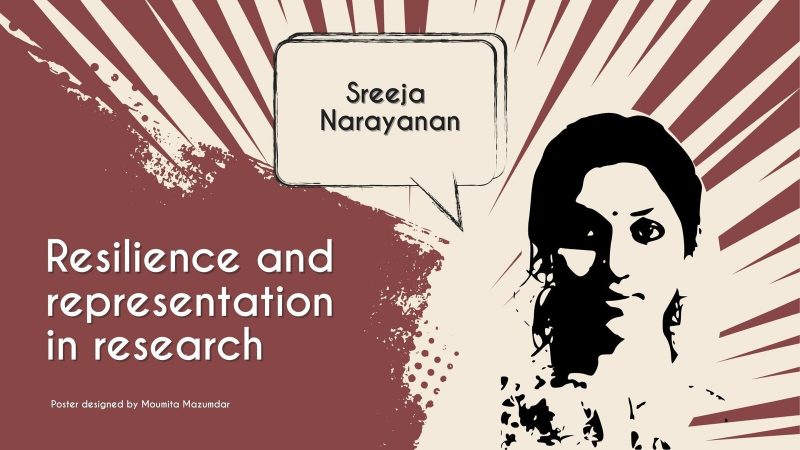The sustainable materials webinar

Join the audience for a live webinar at 1 p.m. GMT on 14 November 2022, sponsored by the IOP Publishing journal, JPhys Materials, to hear about the very latest research within the sustainable materials community and addressing some of the key challenges faced within the field
Want to take part in this webinar?

Over the past 150 years, our ability to produce and transform engineered materials has been responsible for our current high standards of living, especially in developed economies. However, we must carefully think of the effects that our addiction to creating and using materials at this fast rate will have on the future generations. The way we currently make and use materials detrimentally affects the planet Earth, creating many severe environmental problems.
In this live webinar, we hear presentations from leading researchers within the sustainable materials research community about how the very latest findings are helping address the key challenges faced. This webinar will feature the co-authors of The sustainable materials roadmap, which can be read in full. The roadmap is made up of fantastic contributions from more than 50 notable authors, and highlights sustainability issues within the field of materials and discusses the pathways towards solving them as adopted by the sustainable materials community.
Want to take part in this webinar?

Speakers
Magda Titirici holds the position of chair of sustainable materials energy at Imperial College London. She is the author of more than 250 articles and is included in the Global Highly Cited Researchers (Clarivate Analytics) in each of the past four years. Her current research interests involve sustainable materials with focus on carbon and carbon hybrids produced via hydrothermal processes, waste recycling into advance products, avoidance of critical elements in renewable energy technologies, and the development of truly sustainable clean-energy storage systems.
Agi Brandt-Talbot is a lecturer in the Department of Chemistry at Imperial College London and leads the Sustainable Carbon Solutions research team. She has authored 32 scientific articles with more than 4000 citations and holds three licensed patents. Agi is interested in creating bio-derived materials and chemicals from sustainable biomass and the application of novel tailor-made solvents for more sustainable use of carbon in our economy.
Silvia Vignolini holds the position of professor of chemistry and biomaterials at Cambridge University and is the author of more than 250 research papers. Her research examines photonic structures that occur throughout nature, biomimetic materials, block copolymers for self-assembly, light management for photosynthesis, and much more.
Kong-Yang Lee holds the role of professor in polymer engineering at Imperial College London. His research focuses on the development and manufacturing of novel polymeric materials with a focus on tailoring the interface between two (or more) phases to bridge the gap between chemistry, materials science and engineering.
Heather Au is a Faraday Institution Research Fellow at Imperial College London. Her research is primarily based on exploring sustainable materials for energy storage, and with particular emphasis on the development of engineered carbon hosts for sulphur cathodes in lithium-sulphur batteries.
Göran Finnveden holds the role of professor of environmental strategic analysis at the Division of Sustainability Assessment and Management at the Department of Sustainable Development at KTH Royal Institute of Technology. His current research focusses upon the circular economy, life-cycle assessment methodology, integration of sustainable development in higher-education institutions, and sustainable consumption and sustainable economic development.
JPhys Materials is an open access journal highlighting the most significant and exciting advances in materials science.
Editor-in-chief: Prof Stephan Roche, Catalan Institution for Research and Advanced Studies (ICREA) and Catalan Institute of Nanosciences and Nanotechnology (ICN2), Barcelona, Spain.
